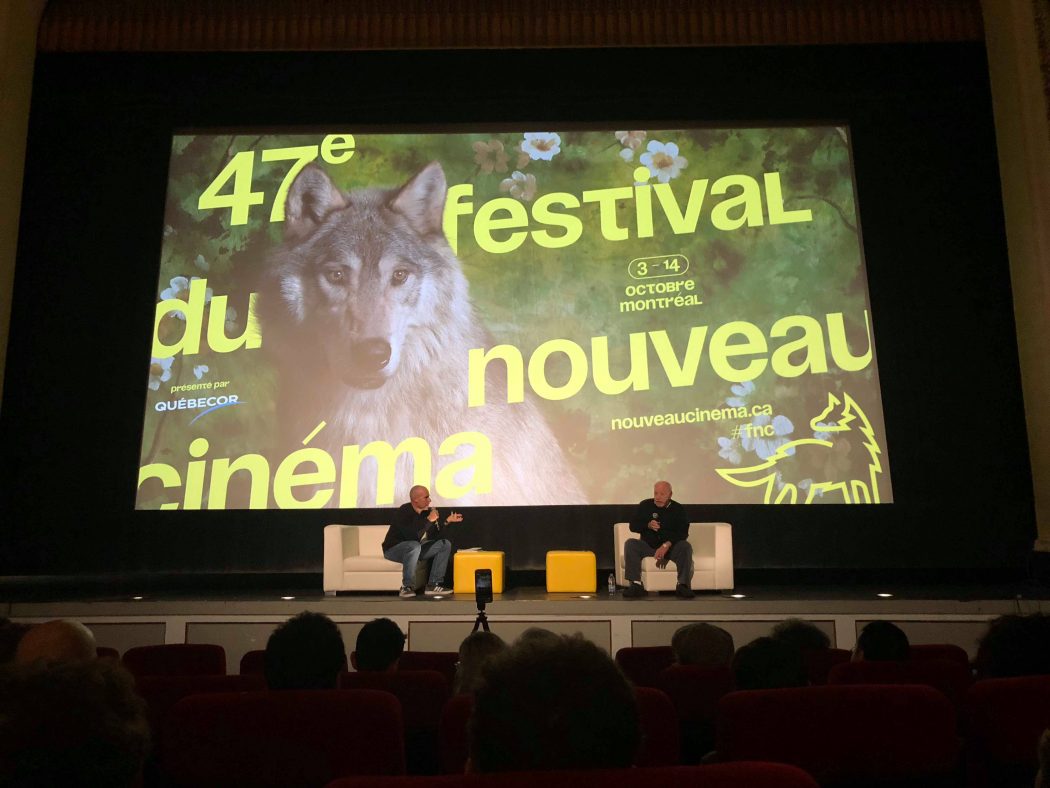Acclaimed director and writer Paul Schrader was at the Festival de Nouveau Cinema this year, where he was honoured with the Louve d’honneur award and took part in a masterclass discussion. Schrader had a great 2018 – releasing his stunning drama First Reformed and a new edition of his 1972 book, “Transcendental Style in Film.” Maybe you haven’t heard of it, but if you’ve taken a film class at McGill then I have some wonderful news: you’ve probably read Schrader.
I was fortunate enough to attend Schrader’s masterclass at Imperial Cinema, where he spoke about a number of his films and what he thinks of the current film landscape. Of his early years as a filmmaker, he said this: “There’s nothing more humbling than realizing you’re the person who fucked up your film.”
His work as a director includes First Reformed, Mishima, American Gigolo, Blue Collar, and The Canyons, as well as the 1976 classic Taxi Driver, which he wrote.
Maybe you haven’t heard of it, but if you’ve taken a film class at McGill then I have some wonderful news: you’ve probably read Schrader.
When constructing his stories, Schrader said that he almost always uses the same method to come up with a narrative: he creates a metaphor for a pressing problem in his life, then uses that as the basis for a film. This is a method that he tells his own screenwriting students to use when they’re starting out on a script. He admitted that it is also an effective barometer of who in his class is interesting and who is not.
Of Travis Bickle from Taxi Driver, Schrader revealed that at a certain point in his life, he found himself turning into the same man as the character he’d write years later. “I had to exercise that demon and turn him into something tangible that stood apart from me. And so I wrote that as a therapy for myself; it wasn’t sent to anybody, it just went into the back of my car and I left Los Angeles for six months.” That makes Taxi Driver a good example of his “film as metaphor” method: “It was self-imposed loneliness,” he said of his younger self. “This wasn’t something that was happening to me, this was something I was doing.”
Schrader then spoke briefly about his ultra-religious upbringing, one in which he was infamously not allowed to watch any movies — his interest in cinema only began when he was in college. Interestingly, he says that his childhood ban on movies coincided with the introduction of the code in Hollywood, mostly because religious groups like the one his family belonged to put pressure on the industry to keep things modest.
Asked about his relationship with the actors he works with, Schrader didn’t mince words. “Actors and directors are rarely friends, because after we work together, you’ve typically had about enough of feeding an actor’s ego.” But Schrader says it’s different with people like Ethan Hawke, who is a director himself and who Schrader worked with on this year’s First Reformed.
“Ethan’s a bit of a Renaissance man. Musician, playwright, novelist. So you’re dealing with a highly intelligent aesthetic […] his response is not necessarily as intuitive as another actor. So that’s very helpful. But Ethan in fact in real life is not like his character [in First Reformed]. Ethan is actually kind of goofy. You know? He’s an Austin hippie.” So that’s settled then!
As for what’s next, Schrader didn’t say. But he feels optimistic about the state of the film industry: “The good news is that virtually anybody can make a movie […] It doesn’t cost much of anything. And we’re hearing from voices we’ve never heard from before, because they couldn’t get through the financial gatekeepers. You know, minority voices. So that’s the good news.” What’s the bad news, then, you might wonder? “The bad news is that almost no one is making money out of it.” A fair summation of the current landscape, from respected filmmaker Paul Schrader.








